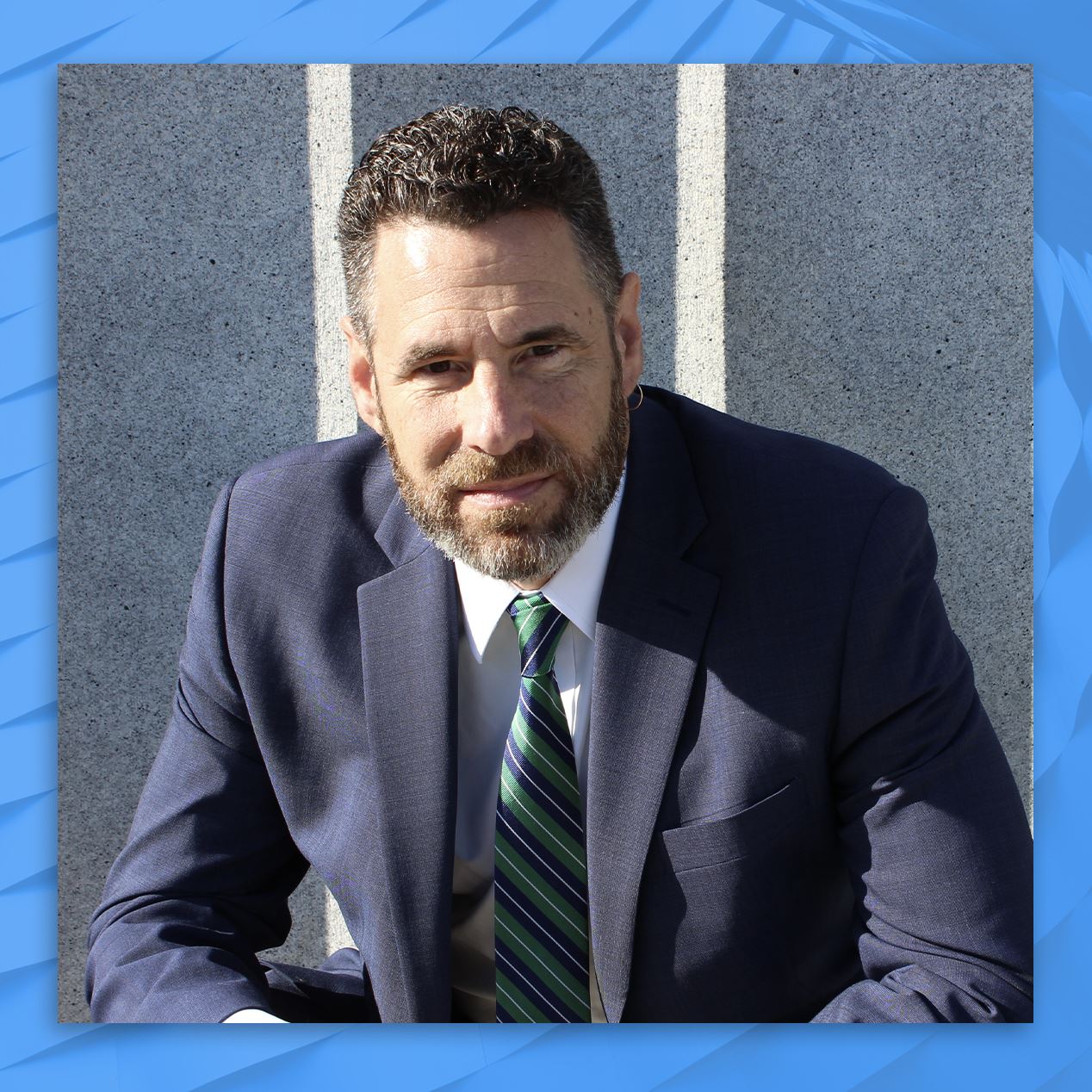
Oakland Drug Distribution Lawyer
Proudly Defending Those Accused of Transporting Controlled Substances
Under several sections of the California Health and Safety Code, distributing controlled substances, including marijuana, is illegal. Depending on the type and amount of drug involved, and the age of the alleged offender, such a crime can be charged as an infraction, misdemeanor, or felony. The penalties for drug distribution are harsh and may include a fine and/or incarceration. If you've been charged with this offense, it's crucial you get a skilled criminal defense attorney on your side right away. Having legal representation throughout your case can increase the chances of obtaining an optimal result and help avoid serious and life-altering consequences.
At Demetrius Costy Law, our Oakland drug distribution defense attorney recognizes what's at stake in controlled substances crimes. That is why, when you turn to us, we will attend to every detail of your case. Our detailed review will cover everything from your initial interaction with law enforcement officials to the official charge being filed against you. Employing a strategic and aggressive approach, we can develop a compelling defense to challenge the prosecutor's allegations against you. We can leverage our 20+ years of legal experience and our resources to seek a favorable outcome on your behalf.
For the focused and dedicated counsel you need, call us at (510) 254-3945 or contact us online. Your initial consultation is free.
What Is Drug Distribution?
A drug distribution offense can be committed in several ways.
California Health and Safety Code §§ 11352, 11379, and 11360 provide that it's unlawful for a person to do any of the following with a controlled substance:
- Transport for sale – to move a drug from one location to another, regardless of the distance between the two areas;
- Import into the state – to bring a controlled substance into California from another state or country;
- Sell – to exchange a drug for money, services, or any item of value;
- Furnish – to provide a controlled substance to another;
- Administer – to assist someone in injecting, inhaling, or otherwise ingesting a drug; or
- Give away – to present a controlled substance to someone else without exchanging anything of value
California has separate laws about drug distribution because each concerns different controlled substances. Section 11352 deals with drugs such as heroin and cocaine, Section 11379 deals with non-narcotic drugs, and Section 11360 deals with marijuana. And while the substances are different, the underlying conduct is the same.
A person could be accused of distributing a controlled substance of they move or exchange a usable about. That means that if they only had trace amounts or drug residue, they will likely not face charges. However, if they distributed enough to be used, regardless of whether the drug could have an effect on a person, they've committed a crime.
It's important to note that the actual act of distributing isn't the only type of conduct prohibited under the law. Offering or attempting to distribute is also illegal.
What Are the Penalties for Drug Distribution?
In a drug distribution case, the prosecutor must prove the following elements:
- The defendant distributed or offered or attempted to distribute a controlled substance;
- They knew it was a drug;
- They were aware they had the controlled substance; and
- They had a usable amount of the drug
If the prosecutor proves the above beyond a reasonable doubt, a judge or jury may find the defendant guilty.
Upon a conviction, the court can impose various penalties, which depend on several factors, including:
- Distributing certain drugs: Punishable by up to 5 years in prison (the sentence increases to up to 9 years if the defendant transported the drug across counties)
- Distributing a non-narcotic drug: Penalized by up to 4 years of imprisonment (the prison term increases to 9 years when the offense crosses county lines)
- Distributing marijuana – punishable as follows:
- Defendant under 18 years of age:
- 8 hours of drug education or counseling
- Up to 40 hours of community service
- Defendant 18 years of age or older:
- Up to 6 months in jail
- Fine of up to $500
- Defendant 18 years of age or older with prior convictions and they distributed more than 28.5 grams of marijuana:
- Up to 4 years in prison
- Defendant transported no more than 28.5 grams of marijuana:
- Fine of up to $100
- Defendant under 18 years of age:
Schedule a Free Consultation with Demetrius Costy Law
Our drug distribution lawyer in Oakland has an in-depth understanding of California's controlled substances statutes as well as the laws concerning your rights. We can clearly explain the charge you're facing and defenses that may be available to you. Then, we can aggressively fight your case from beginning to end.
Call us at (510) 254-3945 or contact us online today.
```